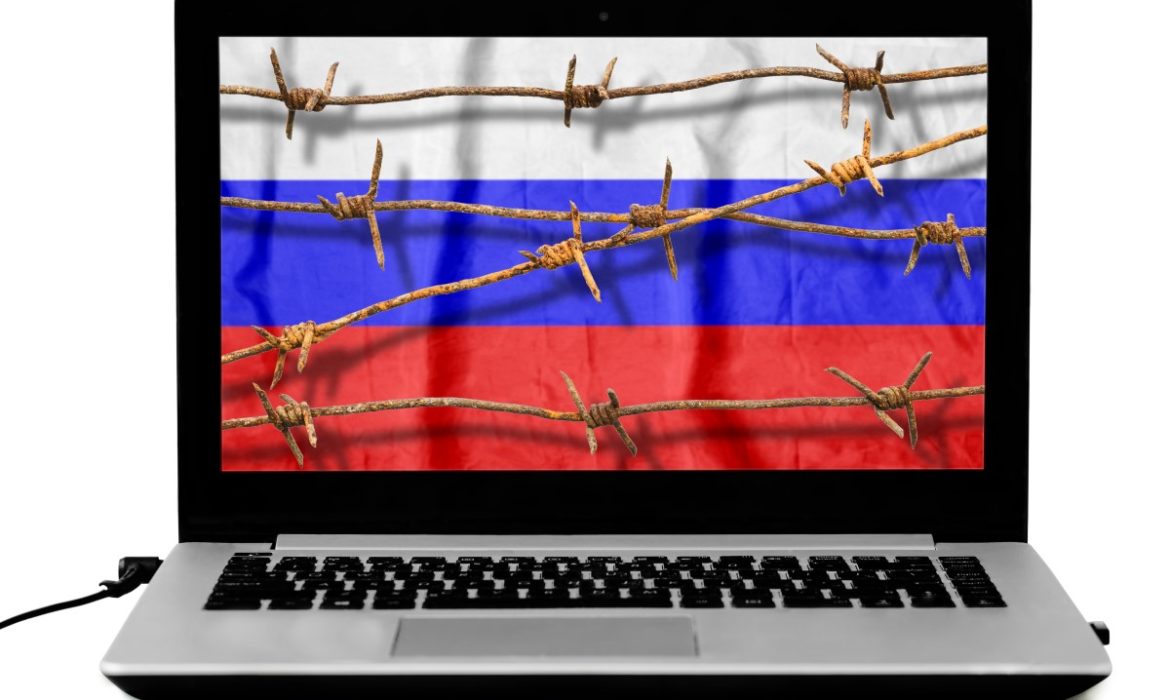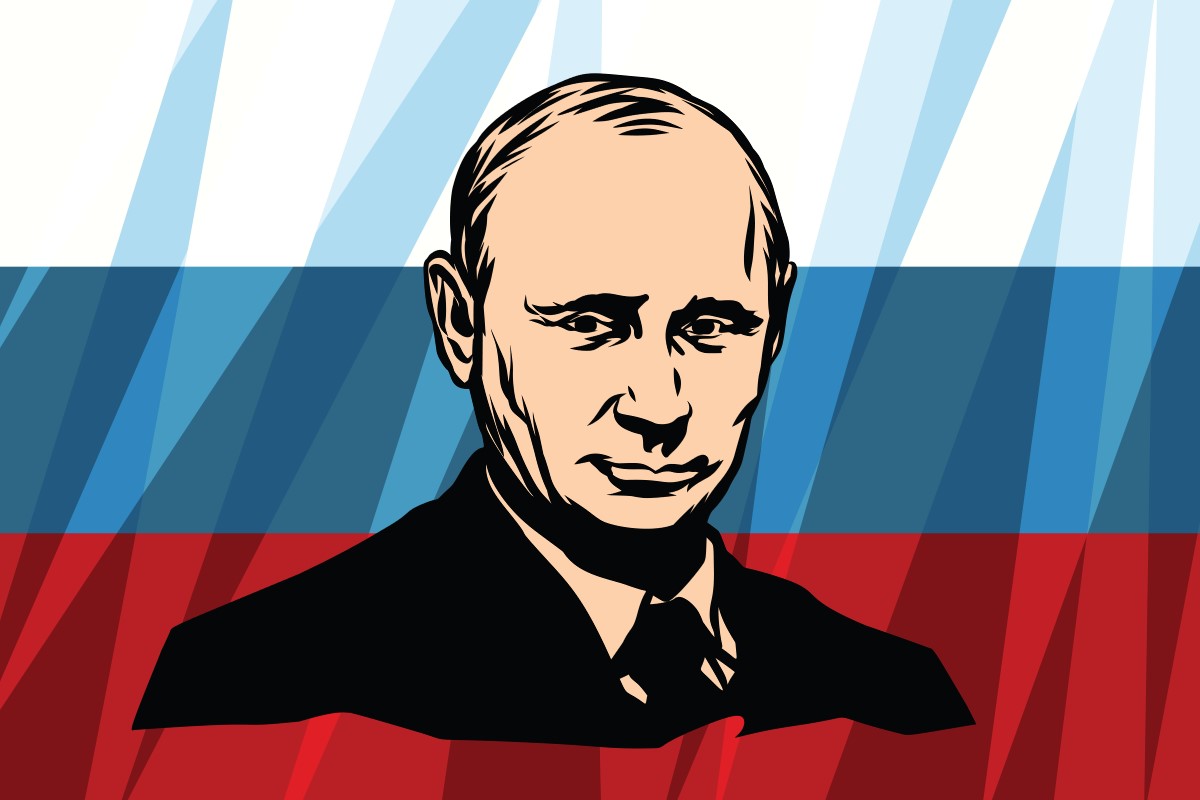The government of Russia announced that there were successful tests concerning a country-wide alternative to the global internet. As the Ministry of Communications suggests, ordinary users of the internet did not notice any changes. Nevertheless, the details of the test remain vague. The results will see President Putin soon. Some countries will most probably continue the trend of dismantling the internet. Some experts are concerned about it.

A computer scientist at the University of Surrey Prof Alan Woodward said that the Russian direction of travel is just another step of increasing breaking-up with the internet. Alan Woodward added that authoritarian countries want to control what citizens see and do, so they are taking examples from China and Iran.
It means that people want to have access to the discussions about what is going in their country. They will keep within their bubble. The initiative will involve restricting the points at which Russia’s version of the net connects to its global counterpart. The reform will effectively get telcos and internet service providers (ISPs) to configure the internet within their borders (large intranet). Usually, large corporations are doing it.
Many Countries receive foreign web services with “nodes” or undersea cables. Nodes are the points of connection at which data transmits to and from other countries’ communication networks. It will be at least regulated or blocked.
The reform requires co-operation with internet service providers. It will be much easier to achieve if there are just a handful of state-owned firms involved. It’s challenging to control access if the country has many connections and networks. Russia might need to create an alternative system.
The National Information Network in Iran allows access to web services. Nevertheless, it is policing all content of the network and limits external information. Iran’s state-owned Telecommunication runs it.
Russian Strategy

Effectively turning all internet access into a government-controlled walled garden has one benefit. The virtual VPNs (virtual private networks), usually used to circumvent blocks, would not work.
An example of it is China’s Great Firewall. But it helped several domestic tech giants to establish themselves. It is blocking access to many foreign internet services. Nevertheless, Russia is already a technological champion with Mail.Ru and Yandex, but other local firms can benefit also.
In Russia, politicians have passed a bill that bans all sales of the smartphone, which do not have Russian software pre-installed. The country plans to create its own Wikipedia.
One of the experts said that the policy might help the state to repress free speech. But it’s not a foregone conclusion that it will succeed.
A cyber-security policy fellow at the New America thinks tank, told the BBC Justin Sherman said that in the past, the Russian government has run into technical challenges. For example, its mostly unsuccessful effort to block Russians from accessing encrypted app of messaging Telegram.
Without any information about the test, it is complicated to assess how far Russia went for isolating the domestic internet.
We have to wait to see how much foreign and domestic pushback Russia will get. All in all, Russia strives to creat internet monarchy.
Despite all, the Communications Ministry said that the tests of the scheme are going as planned.














